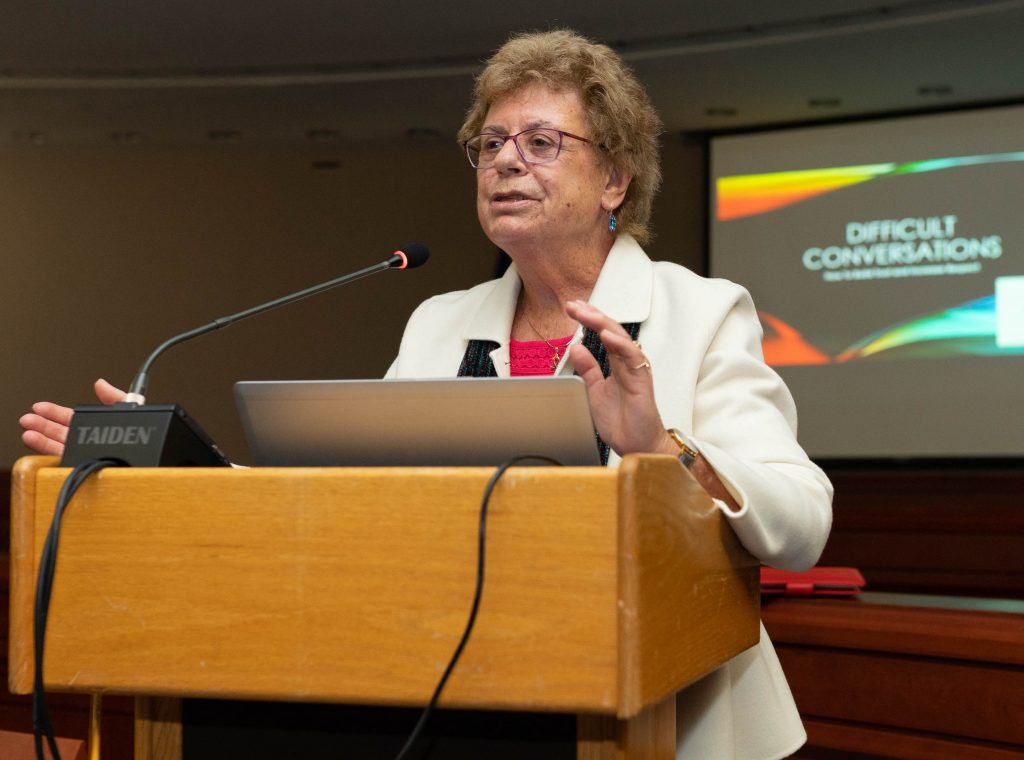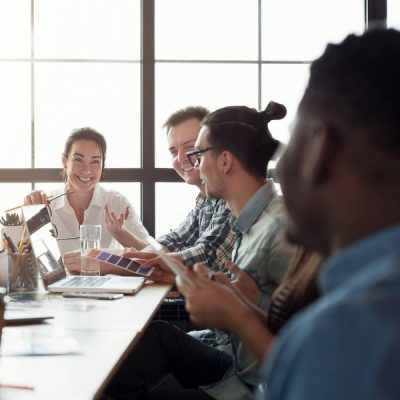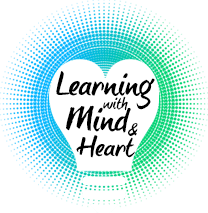About This Site
Vision
I believe that all people deserve to be treated with dignity and respect. I teach people to build trusting relationships regardless of differences between them in terms of age, gender race, ethnicity, ability status faith tradition or sexual orientation.
Purpose
The purpose of this site is to help you learn how to develop relationships across lines of significant difference. We are often afraid of people we don’t know, people who seem different from us, people we don’t understand. Learn to get to know people who are different in some way, see them as human beings with similar hopes, fears and challenges. Learn how to engage with respect.
Skill development
By participating in the programs described on this site you will learn how to:
- Identify your own inner fears, worries and prejudices (You can do this individually or in a group or team- whatever works best for you.)
- Understand some American history that has infected our national culture with racism and other kinds of prejudices.
- Acknowledge differences among people without feeling awkward or embarrassed.
- Recognize interpersonal conflicts that are caused by significant cultural differences, not just personality conflicts.
- Resolve conflicts or misunderstandings that are based on topics that people are afraid to discuss.


“You can’t fix what you won’t face.”
(James Baldwin, American Author)
How did we learn to be prejudiced?
Some of it is biological. Some of it is cultural/social. That doesn’t really matter anymore. Now the question is how can we get over it, become more open to different people and rise above our innate fears of difference. It’s not easy. It requires us to open both our minds and our hearts, to learn empathy for other people and to live with ambiguity. We have to learn new information, pay attention to our emotional reactions and those of others. We often have to learn how to manage our discomfort and try to understand what the new learning means for us personally. We also have to learn how to apologize when we make mistakes, and then move along without guilt. In this era of racial violence and terrorism, we are all faced with the need to learn about people we might not have known in previous times. We need to understand people who see the world very differently from the way we do. We need to listen through confusion and discomfort. We need the skills of civil conversation. This is very difficult learning. However, this learning is essential if we want to improve the human condition. If you’re prepared to do all these things, and enhance your ability to live and work with other people from other places, you are invited to begin your journey on this site.

Why Do I Care About Learning and Diversity?
Nobody is born knowing everything they need to know to survive. We learn our way through life. One of the most important things we learn is how to relate to other people. That’s hard enough when the other people belong to our own family, community or identity group. The challenge of this age is to learn to relate to people who we think are very different from us- according to the ways we think about identity groups…race, gender, ethnicity, faith tradition, sexual orientation and other powerful affiliations. This kind of learning gets harder as we grow older. If all of us are going to become skilled at relating to each other across these lines of difference, we must use the new learning styles that integrate what we know, how we feel, how act and how we think about difference. We have to create a new tribe called HUMAN BEINGS.
You and Me and the Human Tribe
I was a really fortunate little human. I grew up in a neighborhood full of other little humans who significantly different from me. I was Jewish. They were varieties of Christian. I was white. Many of them were Black. It was right after WWII and many people were immigrants from all over Europe – Ireland, Scotland, Greece, Italy, Poland, Ukraine. Some families had recently arrived from the southern USA. Or the Caribbean. We all went to school together. We ate at each other’s homes. My neighborhood was very similar to the one Colin Powell described in the South Bronx. In fact, it was only 5 miles from his childhood home. Everybody lived there and nobody was excluded. We celebrated every available holiday. All of this experience was an enormous gift that kept giving for the rest of my life. It was a big surprise to me when I discovered that not everyone had this childhood experience.
Here is my fourth grade class in Yonkers, NY.

- Facing your Prejudices
- Creating a Human Tribe
- Including Everybody
- Enjoying the Journey of New Beginnings and New Openings
So we now face this question: How can we create a comfortable human tribe that is filled with differences. At the same time, how can we appreciate our similarities so that we can be comfortable with each other?
Here are some of the ways that I can help you and your group or organization move toward real diversity and inclusion.

- Engaging lectures and keynotes – help your group learn new information about American history, little known facts about times when we all got along and times when we didn’t.
- Storytelling and other group discussions – facilitating discussions among people who work together about their own lives and their experiences of opportunity or frustration on their journey to a satisfying life.
- Relationship skills – teaching your colleagues and friends how to discuss difficult topics like race, religion, ethnicity, sexual orientation, disability and other difficult subjects.
- Executive coaching – private conversations with organizational leaders who want to improve their communication skills and supervise people from different cultural backgrounds.
- Seminars on current topics – these topics change. Right now I am emphasizing unconscious bias, critical race theory and the differences between personal prejudice and systemic racism. Prejudice usually means being nasty to people. Racism usually means that some policy is unfair to members of specific groups like African Americans or women. For example, should only women get maternity leave? (How to help solve problems even if you didn’t create them.) I can also discuss the economic implications of racism – how racism makes us all poorer, and the effects of trauma on our ability to get along with others.

For additional information and scheduling, go to the “contact me” page or write to me at hjf205@earthlink.net
Learning With Mind and Heart
